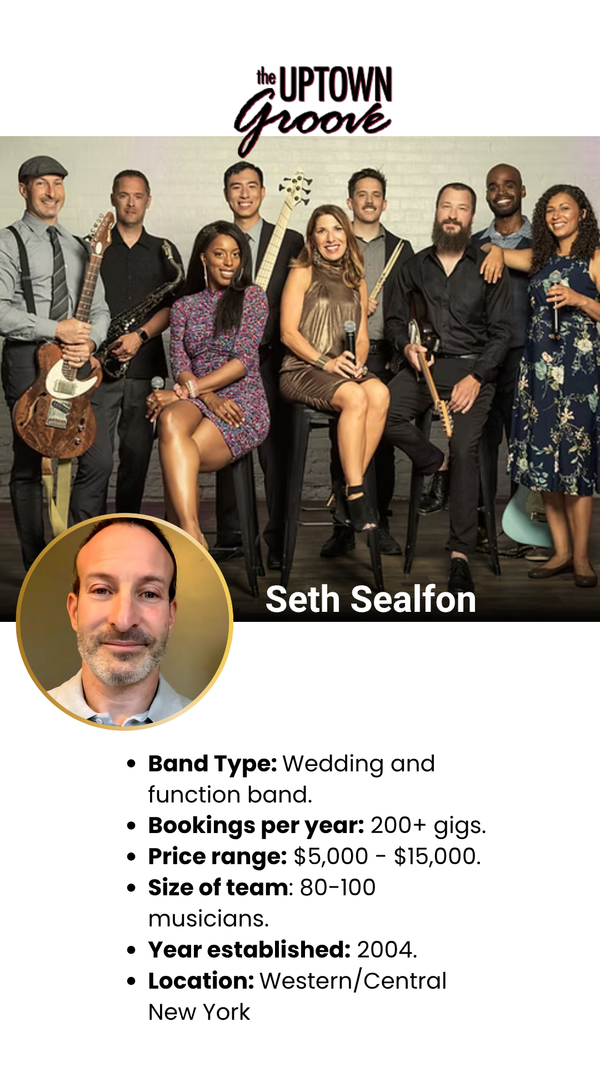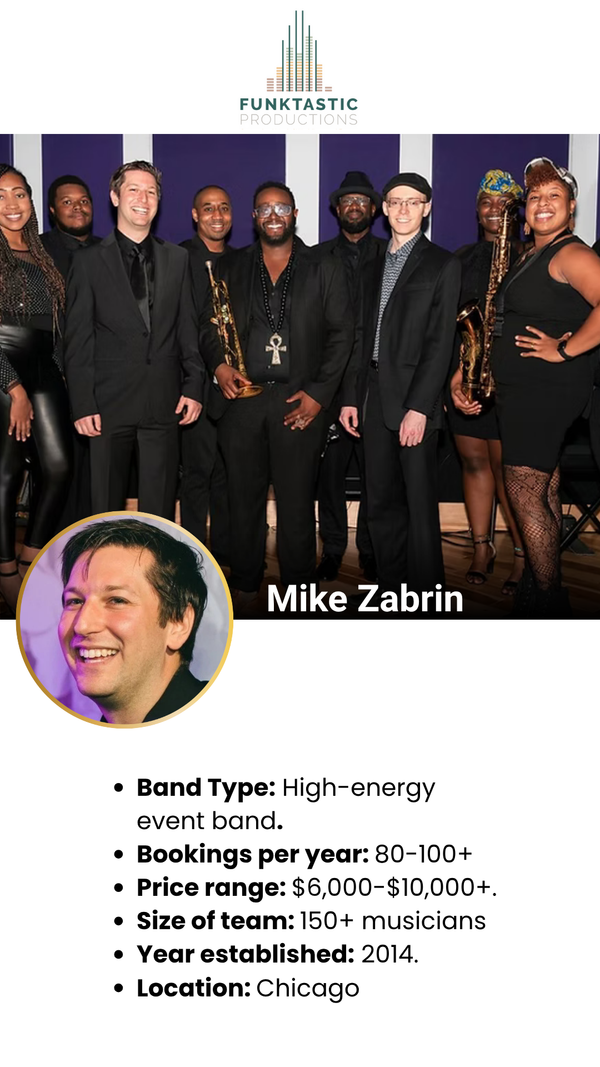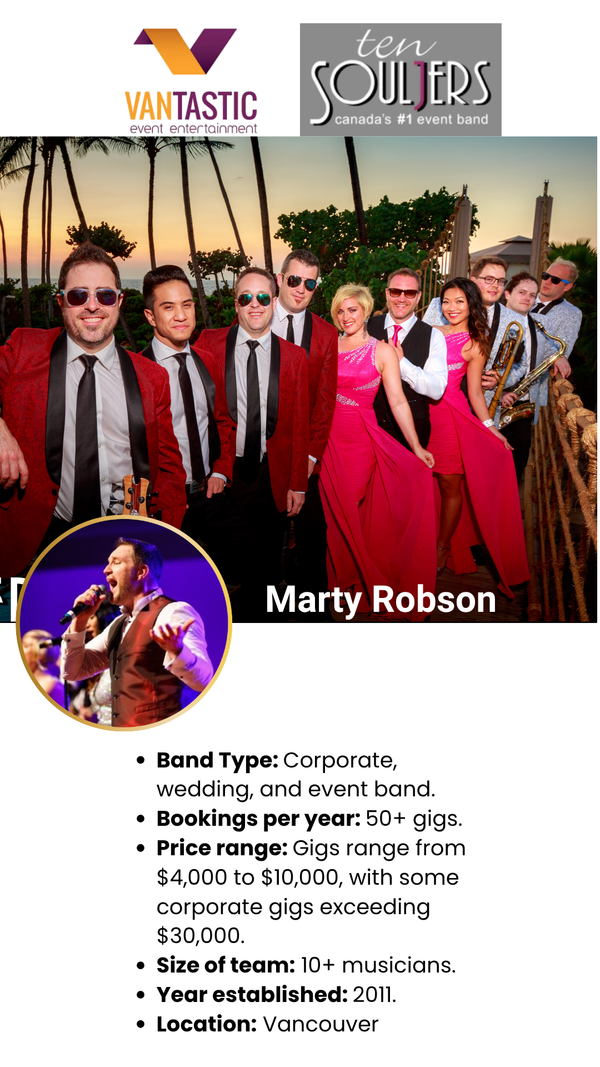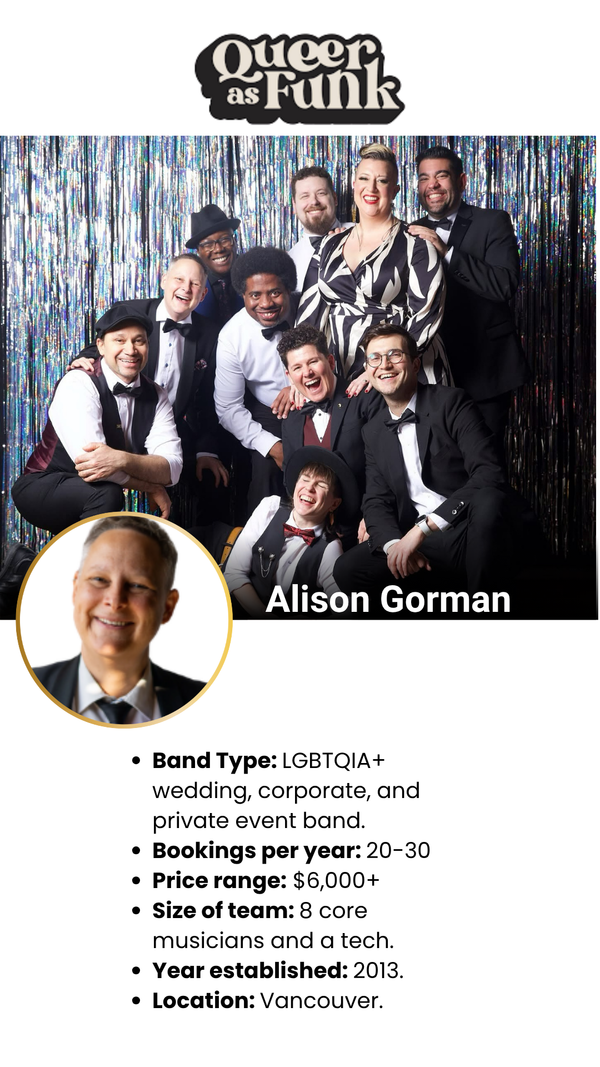Top 10 Tips For Starting a Band or Getting Into One

So, you are seriously thinking about starting a band. From air guitar to your first guitar, it’s been your childhood dream. Your love for music and desire to perform on a stage can happen with a little practice, patience, and guidance.
Most top bands formed when the members were in their late teens or early twenties. Mick Jagger was 19 when he and his bandmates formed the Rolling Stones. James Hetfield was 18 when he started Metallica. Two of the Kiszka brothers of Greta Van Fleet were 19, and their younger brother was 16 when they started playing gigs.
You’re never too young to start, so let’s get started.
It’s not that hard to find some musicians who will jam with you in your garage and drink a few beers. The challenge comes when you want to achieve your dream of creating a band that will rise above the masses and becomes a local legend or household name.
The Challenges of Starting A Band
Your first task is to find bandmates on your wavelength, artists who have the same dream as you, and willing to roll up their sleeves to make it work.
Another challenge is finding a place to practice and times where everyone can meet. Typically, your group has day or night jobs. Getting everyone in the same rehearsal space at the same time must happen if you are to succeed.
Bands all over the world overcome these obstacles, and so can you.
10 Tips On Starting a Band or How to Get Into a Band
Here are the ten actions it will take to start your band starting TODAY! Be consistent, take one step at a time, and stay organized. Make a list of what you need to do and have one place to keep all your contact and schedule information. Apps like Back On Stage will keep you organized as you take on bandmates and gigs.
For this article, we’re going to assume you already know the music genre you want to play. You should have a list of the instruments and vocals that you need to create a unique sound for your band. Once you know how many roles you need to fill, it’s time to go headhunting.
Tip #1: Find the Right Bandmates
There are bandmates, and then there are the right bandmates. You want to put quality, like-minded musicians in the right positions.
By quality, we mean they have skills equal to or better than yours. However, it’s not just the ability you need. Look for someone with the right attitude.
Do they show up for rehearsal on time?
Do they add creative ideas?
Do they share the same vision and goals for the band like you?
There are many places to look for band members, and three of the top methods are:
- Advertise - Online music and band sites bring musicians together.
- Visit rehearsal rooms and studios – This is a hotspot to check for local musicians seeking a band and bands seeking musicians.
- Networking – Ask your friends and get on your social media accounts to ask around.
You’ll find plenty of ideas and links to get you going with this article, “How to Find Members For Your Band.”
Tip #2: Figure Out Your Signature Sound
You know the genre of music you like. But what is going to make your band sound unique? There are millions of rock bands out there. So, why is it you know that it’s the Rolling Stones or Metallica or Aerosmith within the first few notes?
If you can come up with a signature sound, you will be way ahead of the pack, even if you are a cover band. Let your inner mad scientist out and experiment!
- Vocals – Add guitar and bass to boost the vocalist’ power
- Drums – Use the bass to accent guitar riffs and cymbals to highlight vocals
- Synthesizer – Your magic bag of tricks to add more punch to various elements of your songs
To drill deeper in finding your sound, check out how the band, Mute Prophet, did to get theirs.
Don’t be afraid to fail. It’s where you’ll learn the most. Use all your creativity and try everything at least once.
Tip #3: You Need A Proper Place to Practice
You’re going to need a place that’s secure and soundproof. The last thing you need is the cops fining you for noise complaints.
Some obvious first rehearsal spots are a garage or basement. Once you outgrow those and have some money, look for churches, music venues before they open, and professional rehearsal rooms.
Get creative to find someplace to play and get loud.
Tip #4: Write Original Songs
Before you dive into full-time songwriting, you and the band should have some covers memorized. It will help you learn how each other plays and your strengths.
Once your covers are second nature, let your creative juices flow. The writing process will come naturally.
There are a bunch of great band apps that can help you with lyric writing and of course, recording your music too.
Each time that you create a song that you’re proud of copyright it. Checkout this eleven-minute video by the musical expert, Damian Keyes, as he gives professional “Advice On Copywriting Your Songs.”
Tip #5: Your Band Needs A Memorable Name
Time for a brain dump.
Everyone in the band should come up with at least 10 to 20 names. It doesn’t matter how crazy, silly, or stupid they sound. You can pin them up and start picking away.
You know that we live in a digital world, so keep Google in mind. Pick a name that’s short, memorable, and easy to spell so people can find it in a search. Don’t use a common word like “Love” or “Peanut Butter.” Your band will never show up in a search.
Once everyone is satisfied with the name, you must check to see if someone else already used it. Look for it on Facebook, Soundcloud, and, most importantly, the U.S. Patent and Trademark Office (USPTO). You can search their database called the Trademark Electronic Search System (TESS).
Next, check with a domain name seller to see if the URL for your band’s name is available. If not, you should think twice about using it.
Tip #6: Get the Band Agreement Ready
Once you have bandmates and an official band name, it’s time to get serious. You need to have a Band Agreement.
Why? In-fighting is the primary cause of bands breaking up. A band agreement is like a pre-nuptial agreement before you get married or famous. The contract spells out everyone’s responsibilities while working together, financial aspects, and what happens in the event of a breakup.
For more particulars on how and why to create a band agreement, read our articles, “Band Member Contracts Keep the Peace,” and “Your Band Needs This Music Performance Contract."
When starting a band, making everyone sign a band agreement is the smartest thing you can do and will keep your band cohesive.
Tip #7: Get Your Demo Ready For Your Gigs
A well-crafted demo is an essential part of getting your music heard by the right people. How you organize it depends on your intended audience. Are you giving it to friends and family, or are you giving it to a venue owner to try and book a gig?
You get one chance to make a fabulous first impression, so lead with your best song, followed by the next best two or three. Be sure to use the highest possible quality equipment you can afford. No one wants to hear poor quality music.
This article, “How Do I Make My First Demo?” gives some good insight and suggestions for making your demo.
Now that you have some sample tunes ready to hand out, it’s time to create an unmistakable image.
Tip #8: Don’t Forget Your Band’s Signature Look
Think Slash (Saul Hudson) with his top hat, DEVO, with their red cereal bowl hats or Elton John with his crazy glasses.
You need to have a consistent look, whether you wear the same clothes or not. It doesn’t need to be a uniform; you just need to look like you’re on the same team. If you saw the members of KISS walking through your local mall, you could tell they were from the same group. You don’t have to be that extravagant, just wear the same colors or logos to show people you’re from the same band.
P.T. Barnum said, “No one ever made a difference by being like everyone else.”
Your look is a vital part of your show and separates you from your competition.
Tip #9: You Need Gigs to Sustain Your Band And Build Your Fans
Now that you have a tight group, a fantastic song repertoire, and a new look, it’s time to get some gigs.
Before you go out pounding on doors, you’ll need to have an EPK, an Electronic Press Kit. The EPK is your calling card, resume, and how prospects can check out your music and style. If you need to learn how to build an EPK, this article, “How To Build A Great Electronic Press Kit for Your Band,” has everything you need.
With your PR ready to go, how about your equipment? Do you have everything you need to put on a flawless show? Do you have enough amps, cords, and mics, so you don’t look like a high school band?
Be prepared and self-sustaining by always carrying a spare PA. You’ll find many venues don’t have them or won’t let you use them. Plus, you can charge more.
Tip #10: Spread the Word
The band is ready to get out there and start playing for the crowds. You need to begin promoting your group. When you’re just starting, everyone in the band should help get the word out for your first few gigs to get as many people to come as possible. They need to get on social media and tell their friends to help spread the word.
With your EPK ready, your band’s look and sound tight, you can go out and talk to venue owners with confidence. You’ll present a polished professional image, even if it’s your first time.
“How to Find Gigs for Musicians and Bands,” has lots of tips to find those first few gigs.
The same advice applies to how to get into a band.
Band Management Is the Key to Success
These top ten artists represent the diversity of musical tastes that people want to hear. Elton John and Billy Joel are in their 60’s and 70’s but still draw a crowd.
|
|
The one common thread with these and all successful artists is quality band management. As you grow, you’ll need a manager for the day-to-day tasks, a booking agent, and an accountant to keep things organized.
If you’re just beginning and starting a band for the first time, take a peek at the Back On Stage app. It performs most of these functions until you can hire someone full time.
Put your heart and soul into the type of music you like and play it well. With a little marketing, chances are, your efforts will pay off. The music industry is wide open if you have the talent, organization, and discipline to improve.













